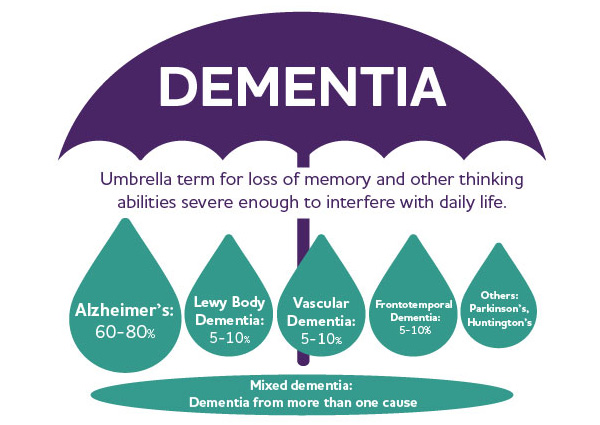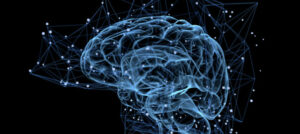Do you know what your memory looks like? It’s a difficult question to answer, but it is worth considering because there are many different signs of dementia. This article will discuss how the brain changes when someone has dementia and the types of symptoms they may experience.
Contents
What is Dementia?
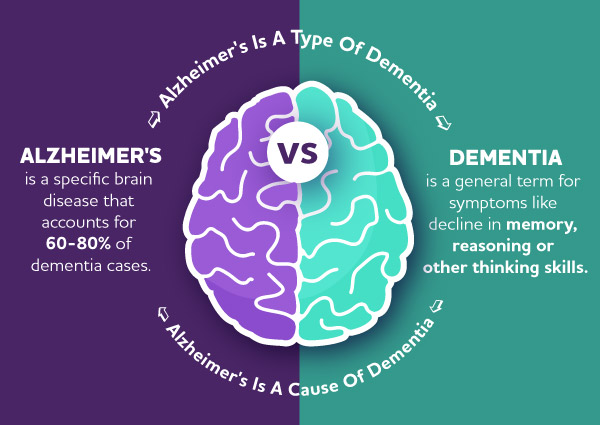
Dementia is a term that describes an umbrella of symptoms with the same root cause. The word dementia comes from Latin and means “to be mentally clouded”. It can affect memory, thinking, language skills, problem-solving, judgment, and behavior.
In this article, we will discuss what your mental abilities are like when you have dementia. We will also talk about the various types of dementia and how you can get a diagnosis.
Types of Symptoms
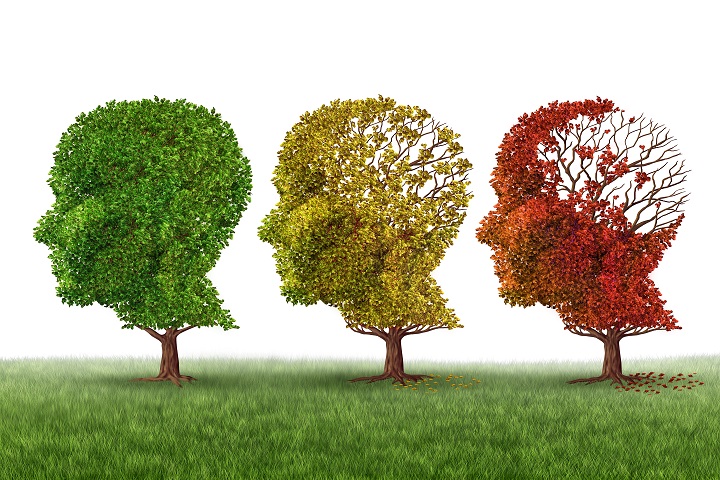
The symptoms of dementia fall into two main categories: memory loss and other problems with thinking, such as confusion or trouble finding words. We call it “cognitive” because it has to do with your ability to think clearly.
Memory Loss
Memory loss is the most common symptom of dementia. It can be mild, such as forgetting things occasionally, or more severe, where a person can’t remember anything from the past several minutes. Memory loss may also include:
- Forgetting important information that you just learned, such as your address or what you ate for breakfast
- Having trouble remembering the names of people you know
- Having trouble recalling words, or having difficulty finding the right word to use in a sentence.
Thinking Problems
People with dementia might also have other thinking problems besides memory loss. This could include:
- Difficulty doing things that require planning and organizing, such as cooking dinner or getting dressed
- Difficulty understanding information that you hear or see
- Confusion about where they are, like not knowing if it’s morning or night
Behavioral Changes
People with dementia may also experience changes in their behavior. They might act differently than usual because of the way dementia affects them mentally and emotionally. You can’t always tell what someone is feeling, but some common changes in behavior may include:
- Being more irritable or angry than usual
- Becoming withdrawn and not wanting to talk to people
- Having trouble controlling impulses, like eating too much or spending too much money
How Does Dementia Affect the Brain?
Dementia is caused by damage to the brain. This damage can be from several different things, such as:
- Alzheimer’s disease is the most common type of dementia and it causes plaques and tangles to form in the brain.
- Vascular dementia is caused by problems with blood flow to the brain. This can lead to strokes or mini-strokes.
- Parkinson’s disease can cause dementia, but it is not common.
- Lewy body dementia occurs due to abnormal protein deposits in the brain.
- There are many other causes of dementia, including head injuries and infections like HIV or syphilis.
Dementia is a progressive disease, which means that it gets worse over time. The damage to the brain causes a person’s mental abilities to slowly decline. This can happen over several years or more than a decade.
How Are Dementia Symptoms Diagnosed?
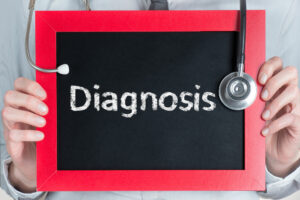
No one test can diagnose dementia. Doctors usually have to do a number of tests and look at a person’s medical history to make a diagnosis.
Some of the tests include:
- A physical exam to look for any signs of problems with blood flow or movement
- Blood tests to check for conditions like Alzheimer’s disease or Parkinson’s disease
- Brain scans, like an MRI or CT scan, to look for changes in the brain
- Psychological testing to assess a person’s thinking, memory, and ability to plan and organize
- Oral exam to check for signs of infection like HIV or syphilis
How To Treat The Symptoms Of Dementia?
There is currently no cure for dementia. The damage to the brain cannot reverse, but treatment can help manage some of the symptoms and make them less severe over time.
Medications are sometimes used to treat specific types of memory loss or thinking problems with dementia. For example, there are medications designed specifically for Alzheimer’s disease that may help slow the worsening of symptoms.
General Tips For Coping With Other Dementia Symptoms
It’s important to realize that you’re not alone if you are living with dementia, and some things can be done to help manage your symptoms more easily. If possible, it is helpful to:
- Create a daily routine so you can stay on track
- Plan for special events in advance, like birthdays or holidays
- Use a diary to keep track of appointments and other important information about your health. You might want to write down when medications were taken and how much they helped with symptoms
Travel is easier if you create a travel plan ahead of time that includes:
- A list of the important information that you might need when traveling and how to access it (like a copy of your passport)
- The route for driving or flying, especially if you’re going somewhere new. Knowing where things are located ahead of time can make getting around easier. You may also want to pack extra items like glasses, hearing aids, or medication in case you forget them while on your trip
- Stay connected with friends and family members – they can be a valuable support system. You might also want to join a dementia support group where you can talk to others who are going through similar things
- If you’re feeling overwhelmed or stressed, it’s important to find ways to relax and de-stress. Some ideas include:
- Listening to music, reading, or doing puzzles
- Going for a walk outside or spending time in nature
- Getting regular exercise
- Eating healthy foods and avoiding caffeine and alcohol
Many helpful technologies can make living with dementia easier, like:
- GPS systems for driving
- Talking phones or devices that speak out loud to give you reminders of appointments, etc.
If technology isn’t your thing, a person can still be very helpful in managing your everyday tasks and helping with communicating important information like doctor’s instructions or new medication use. You may also want to get a family member or friend to involve in your care to ensure that everything is safe and effective as possible.
Conclusion
Dementia symptoms can vary in intensity and duration. This can make it difficult to diagnose dementia, but with time and patience, the effects of this disease will become more apparent. If you or a loved one is experiencing any sudden changes in memory, behavior, moods, communication skills (especially problems understanding language), sensory perception (seeing sounds or hearing colors), or social interaction; please speak with your doctor about these warning signs for dementia. Early detection may help slow down the progression of the disease which could mean fewer complications later on in life.
If you are looking for affordable Online Counseling MantraCare can help: Book a trial therapy session
